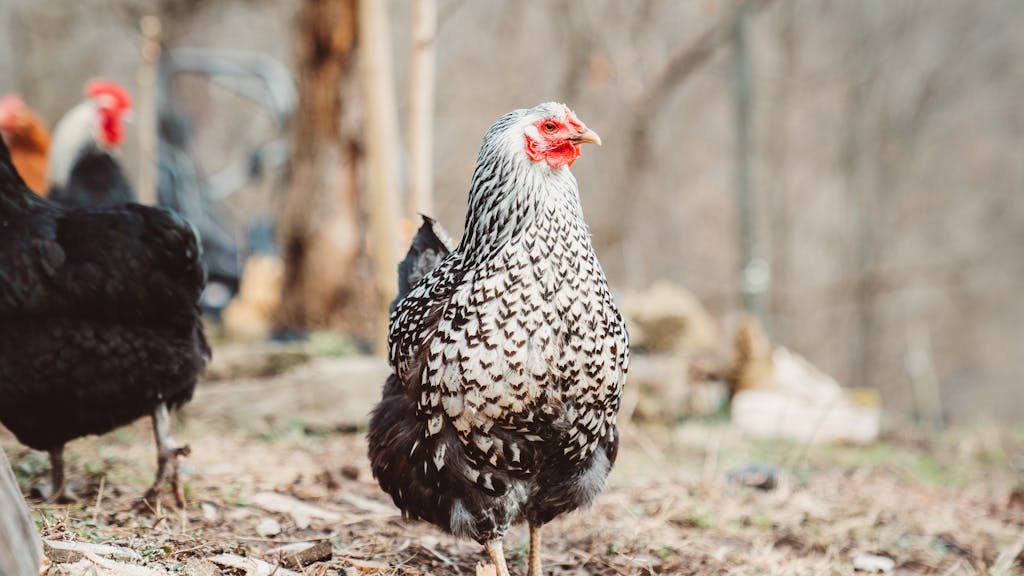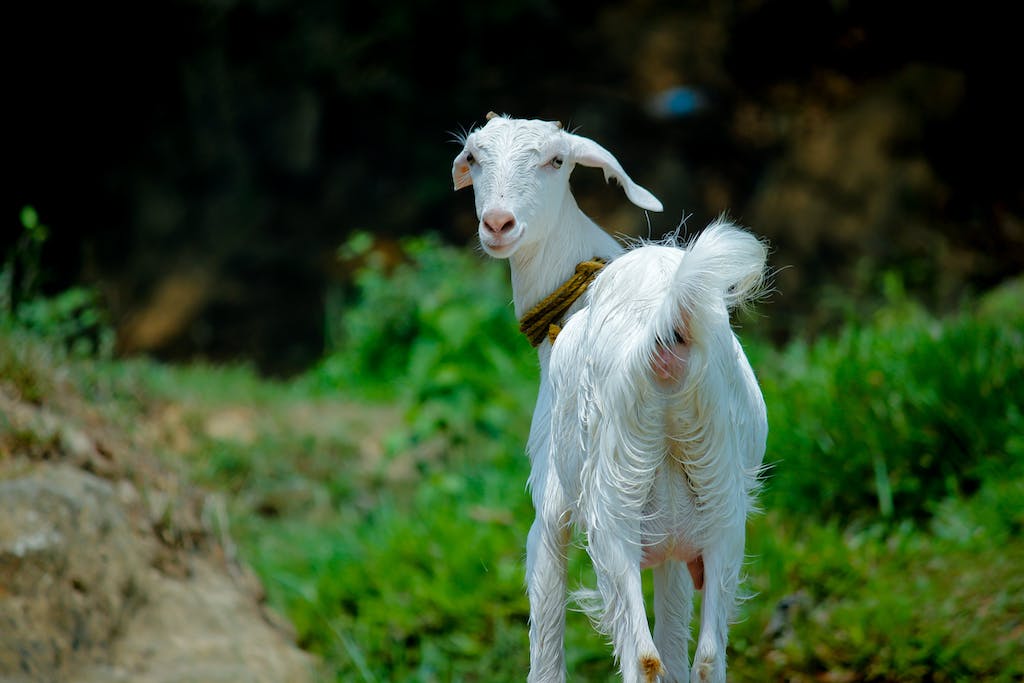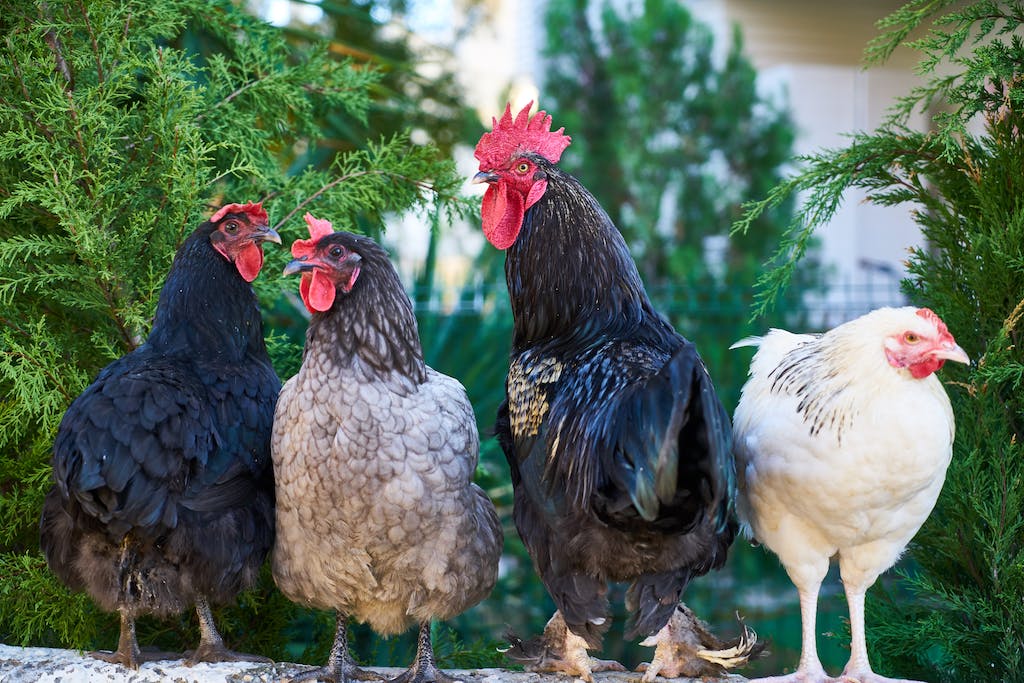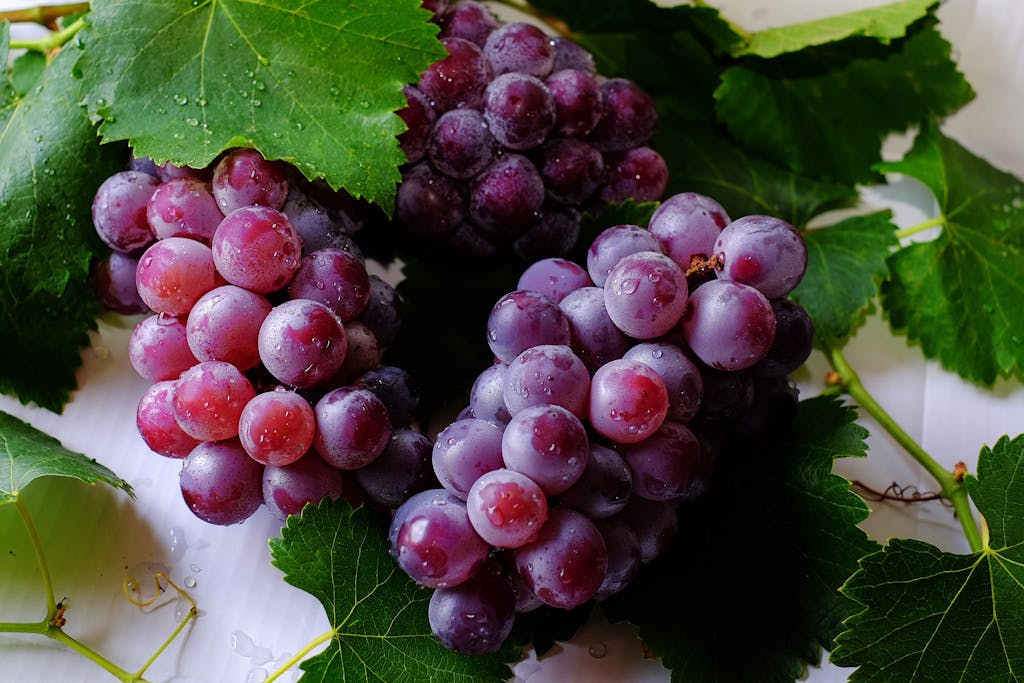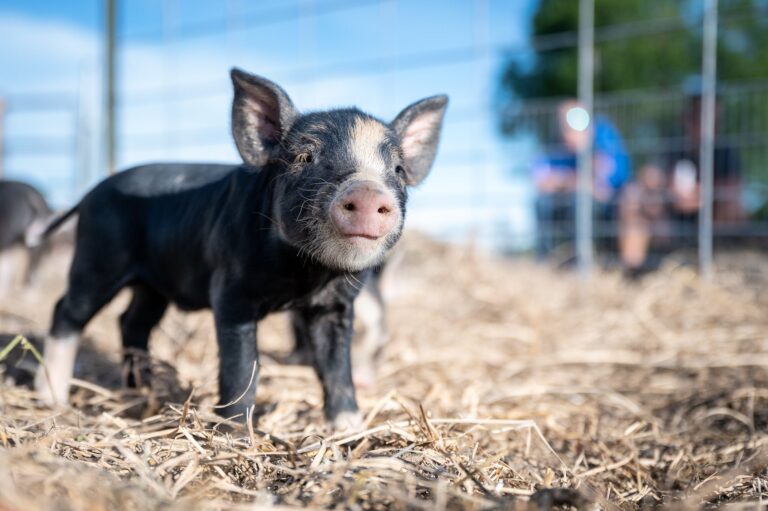Bird Food Storage Ideas: Tips for Keeping Your Feathered Friends Fed and Happy
If you’re a bird owner, you know that providing fresh bird seed is essential for your feathered friends’ health and happiness. But storing bird food properly can be a challenge. You don’t want to waste money on spoiled seed or attract unwanted pests. Luckily, there are many bird food storage ideas and best practices that can help you keep your bird seed fresh and safe.
One of the most important things to consider when storing bird food is the container you use. Airtight containers made of metal or plastic are ideal for keeping bird seed fresh and preventing moisture and pests from getting in. It’s also a good idea to label your containers with the type of seed and the date it was purchased to ensure you’re using the oldest seed first.
Another important factor to consider is the location of your bird food storage. Keep your containers in a cool, dry place away from direct sunlight and moisture. Avoid storing your bird seed in the garage or basement, as these areas are more prone to temperature fluctuations and pests. Instead, consider using a pantry or closet in your home. By following these best practices, you can ensure that your bird seed stays fresh and your feathered friends stay happy and healthy.
Choosing the Right Containers for Bird Food Storage
When it comes to storing bird food, choosing the right containers is crucial to ensure its freshness and quality. Here are some factors to consider when selecting the right containers for bird food storage.
Benefits of Airtight Containers
One of the most important factors to consider when choosing a container for bird food storage is its ability to keep the food fresh. Airtight containers are ideal for this purpose, as they prevent air and moisture from entering the container, which can cause the food to spoil or lose its nutritional value. Airtight containers also help to prevent pests, such as insects and rodents, from accessing the food.
Plastic vs. Metal Storage Options
When it comes to choosing between plastic and metal containers for bird food storage, both options have their pros and cons. Plastic containers are lightweight, easy to handle, and come in a variety of sizes. They are also less expensive than metal containers. However, plastic containers may not be as durable as metal containers and may not provide as much protection against pests.
Metal storage containers, on the other hand, are more durable and can provide better protection against pests. They are also less likely to crack or break than plastic containers. However, metal containers may be more expensive than plastic containers, and they may be heavier and more difficult to handle.
Sizing Considerations for Containers
When choosing a container for bird food storage, consider the size of the container. Larger containers may be more convenient if you have a lot of birds or if you want to store a large amount of food. However, larger containers may also be more difficult to handle and may take up more space.
Smaller containers may be more convenient if you have limited storage space or if you only have a few birds to feed. However, smaller containers may need to be refilled more frequently, which can be inconvenient.
It is also important to choose a container with a tight-fitting lid or seal to prevent air, moisture, and pests from entering the container.
By considering these factors, you can choose the right container for bird food storage that will help to keep your bird food fresh and of high quality.
Optimizing Storage Conditions
When it comes to storing bird food, optimizing the storage conditions is essential to ensure that the food stays fresh and nutritious for your feathered friends. Here are a few tips on how to optimize the storage conditions for your bird food.
Importance of a Dry and Cool Environment
Bird food should always be stored in a dry and cool environment. A dry place is essential to prevent moisture from getting into the food, which can cause mold and bacteria to grow. A cool location is also important to prevent the food from spoiling due to high temperatures.
Avoiding Direct Sunlight and Humidity
Direct sunlight and humidity can also have a negative impact on the quality of bird food. Exposure to sunlight can cause the food to become rancid, while humidity can cause the food to become moist, leading to spoilage. Therefore, store bird food in a location that is away from direct sunlight and humidity.
Indoor vs. Outdoor Storage
When it comes to storing bird food, there are both indoor and outdoor storage options available. Indoor storage options include basements, closets, and pantries, while outdoor storage options include sheds and garages. If you live in an area with cold weather conditions, indoor storage may be a better option to prevent the food from freezing. On the other hand, if you live in an area with humid weather conditions, outdoor storage may not be the best option as it can lead to moisture buildup.
Optimizing the storage conditions for your bird food is crucial to ensure that it stays fresh and nutritious. By following these simple tips, you can help to keep your feathered friends healthy and happy.
Maintaining Seed Quality and Freshness
As a bird owner, you want to ensure that your feathered friends have access to fresh and nutritious food. Proper storage of bird food is crucial to maintaining the quality and freshness of the seed. Here are some tips to help you store your bird food properly.
Rotating Stock: Using the Oldest Seed First
To ensure that your bird food stays fresh, it’s a good idea to rotate your stock and use the oldest seed first. This helps to prevent the seed from going stale or losing its nutritional value. You can keep track of the age of your seed by labeling each container with the date of purchase.
Detecting and Preventing Spoilage
It’s important to be able to detect signs of spoilage in your bird seed. Spoiled seed can be harmful to your birds and may cause illness. Look out for any signs of mold, discoloration, or a musty smell. If you notice any of these signs, it’s best to dispose of the seed and clean the container thoroughly before refilling it.
To prevent spoilage, make sure that the seed is stored in a cool, dry place away from direct sunlight. Moisture can cause the seed to spoil quickly, so it’s important to keep the container tightly sealed.
Storing Different Types of Bird Food
Different types of bird food have different storage requirements. For example, safflower seeds have a high oil content and can go rancid quickly if not stored properly. Nyjer seeds are very small and can easily spill out of a container if it’s not tightly sealed.
To store different types of bird food properly, it’s best to keep them in separate containers. Label each container with the type of seed and the date of purchase. This will help you keep track of which seed to use first and ensure that each type of seed stays fresh.
By following these tips, you can ensure that your bird food stays fresh and nutritious for your feathered friends.
Practical Tips for Bird Food Storage
If you are an avid bird watcher, you know the importance of providing fresh and nutritious food for your feathered friends. However, storing bird food can be a challenge, especially if you buy in bulk. Here are some practical tips for bird food storage that will help you keep your feathered friends happy and healthy.
Effective Use of Labels and Dates
One of the best ways to ensure that your bird food stays fresh is to label it with the date of purchase. This will help you keep track of the shelf life of your bird seed and ensure that you are using it before it goes bad. You can use a permanent marker to write the date of purchase on the bag or container.
It is also a great way to store seed in small quantities. You can use Ziploc bags or small containers to store the seed and label them with the date of purchase. This will help you keep track of the freshness of the seed and ensure that you are providing your birds with fresh food.
Accessibility for Regular Feeding
Birds are creatures of habit and prefer to be fed at the same time every day. Therefore, store your bird food in a location that is easily accessible for regular feeding. You can store the food in a bird feeder station or a bird feeder that is easily accessible to your feathered friends.
Buying in Bulk vs. Small Quantities
Buying bird food in bulk can be a great way to save money, but it can also be a challenge to store large quantities of bird seed. If you do decide to buy in bulk, make sure that you have a cool, dry place to store the seed. You can use airtight containers or plastic bags to store the seed and label them with the date of purchase.
On the other hand, buying bird food in small quantities can be a great way to ensure that your birds are getting fresh food. You can buy small quantities of bird seed and store them in Ziploc bags or small containers.
Storing bird food can be a challenge, but with these practical tips, you can ensure that your feathered friends are getting fresh and nutritious food. By using effective labels and dates, ensuring accessibility for regular feeding, and deciding whether to buy in bulk or small quantities, you can provide your birds with the best possible food.

